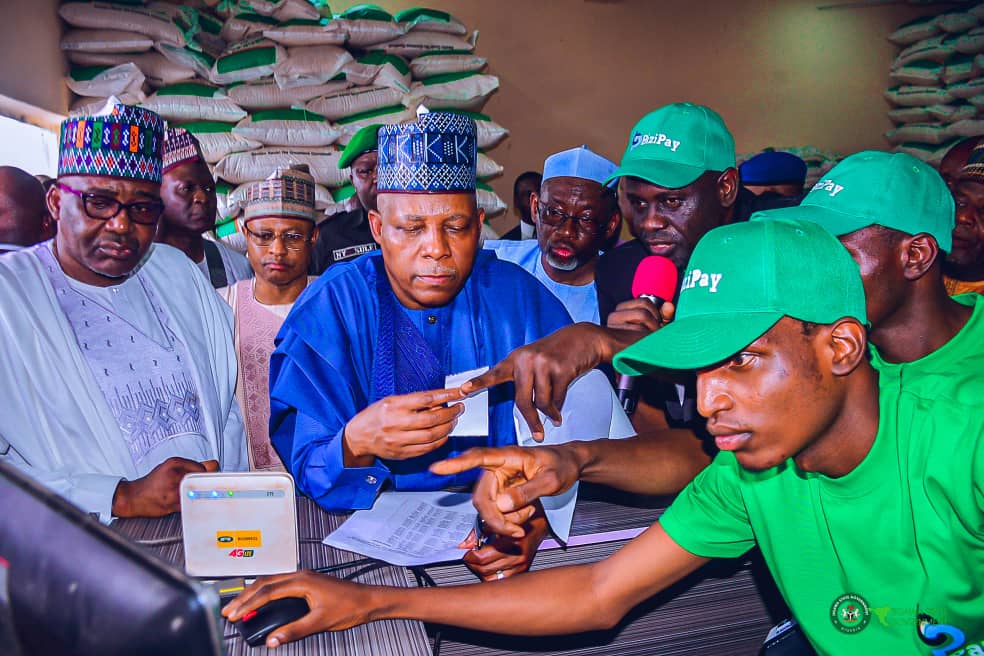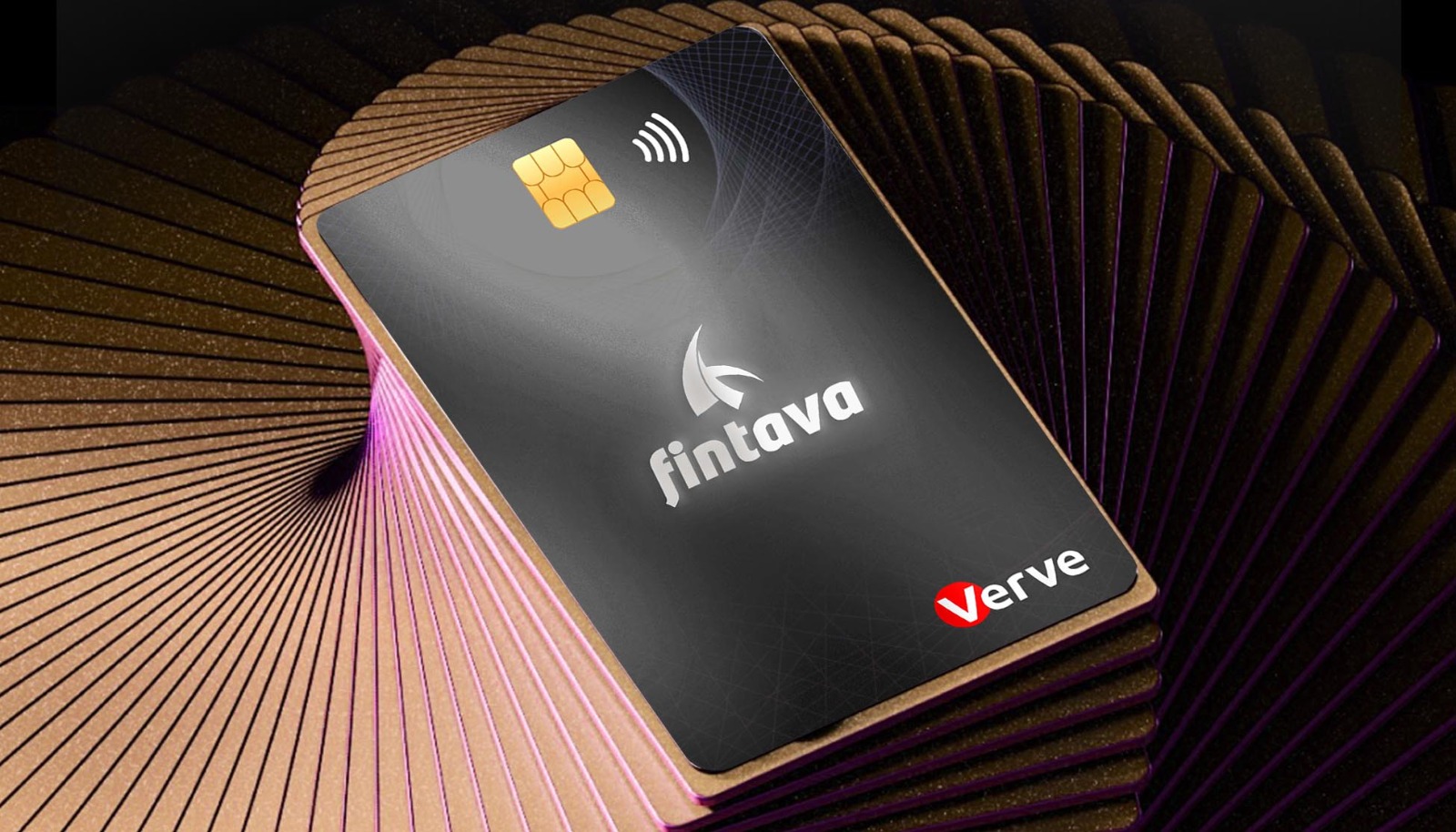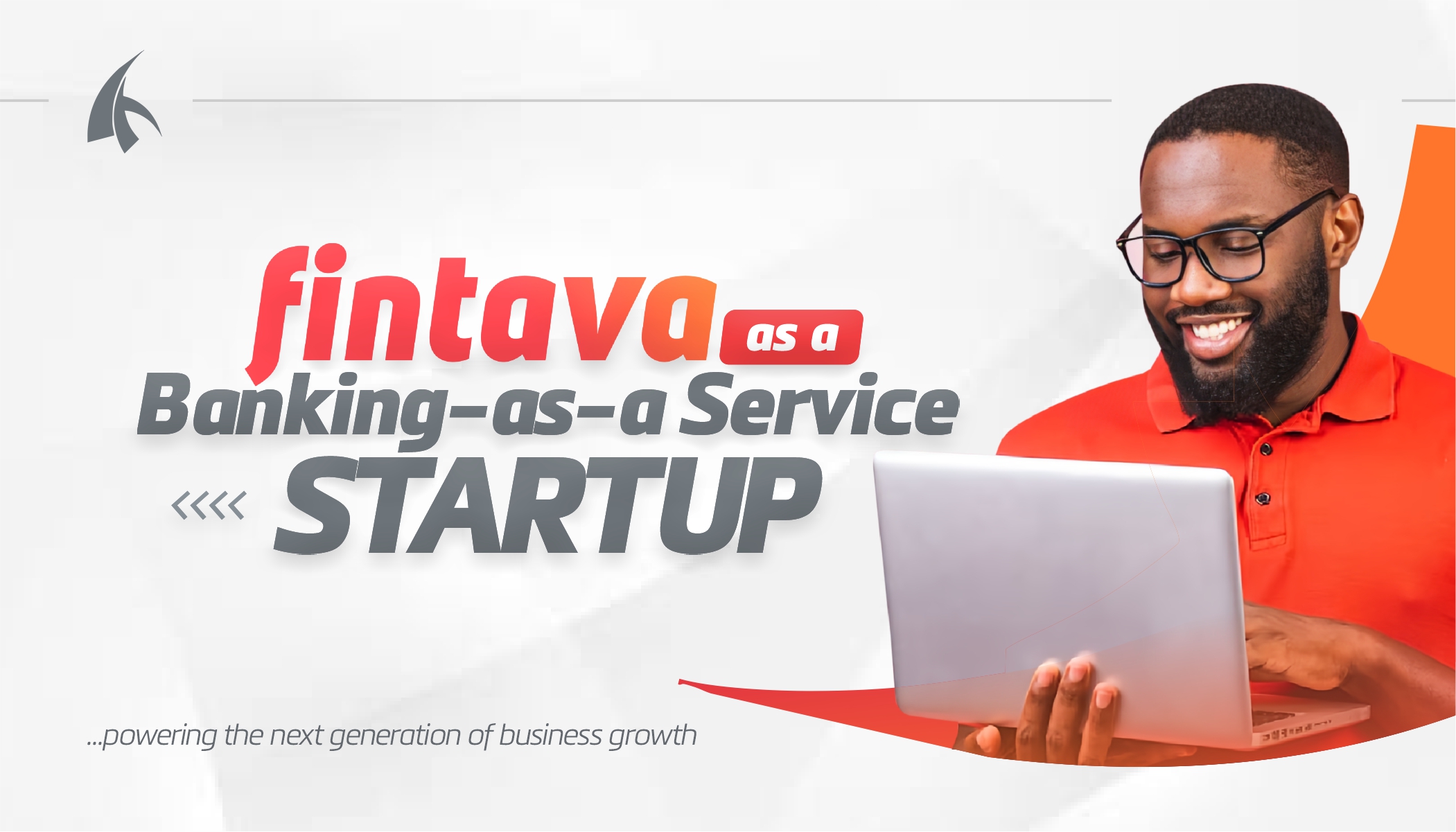Financial inclusion in Nigeria has grown over the years. The EFInA Access to Finance (A2F) Survey report has said that formal financial inclusion in Nigeria has grown significantly from 56% in 2020 to 64% in 2023.
However, financial inclusion remains a critical challenge. The situation is even more dire in rural areas, where just 24% of adults have access to formal financial services.
Against this backdrop, Nigerian fintech startup Fintava has made a significant leap, bringing banking services to 100,000 previously unbanked individuals in Jigawa State, Northern Nigeria.
The Scale of the Challenge
Nigeria, Africa’s largest economy, has set an ambitious target of achieving 95% financial inclusion by 2024. However, progress has been slow, with the rate of financial exclusion dropping only marginally from 41.6% in 2016 to 35.9% in 2020, according to the Central Bank of Nigeria.
“The financial inclusion gap in Nigeria represents both a massive challenge and an enormous opportunity,” says Samuel Ojerindei, Fintava’s COO. “Our recent project in Jigawa State demonstrates how fintech can bridge this gap effectively.”
A Strategic Partnership Yields Results
Fintava’s path to this achievement began with a partnership with Bizipay, a company with an extensive agent network in Northern Nigeria. Bizipay had secured a government contract to distribute financial aid through ATM cards but lacked the necessary technological infrastructure.
This collaboration allowed Fintava to deploy its banking-as-a-service (BaaS) technology in a region where, according to the Enhancing Financial Innovation & Access (EFInA) 2020 report, financial exclusion rates are as high as 68%.
Technological Innovation Meets Social Impact
Leveraging its app-as-a-service solution, Fintava developed a custom platform for Bizipay that integrated its BaaS product. This system enabled comprehensive services from account creation to fund distribution.
“Our solution didn’t just create accounts; it opened up a world of financial services to people who had been excluded from the formal economy,” Ojerinde explains.
Quantifiable Impact and Future Prospects
The success in Jigawa State is just the beginning. With 59 million unbanked adults in Nigeria as of 2021 (Global Findex), the potential for scaling this model is immense.
- If replicated across Nigeria’s 19 northern states, similar initiatives could potentially bring financial services to over 30 million currently unbanked individuals
- The model could significantly contribute to Nigeria’s goal of 95% financial inclusion by 2024
These outcomes have caught the attention of other state governments and NGOs, opening doors for Fintava to potentially replicate this model across Nigeria.
The Bigger Picture: Financial Inclusion as a Growth Strategy
Fintava’s success underscores a growing trend in the fintech sector: the alignment of business growth with social impact. The Nigerian fintech market, valued at $9 billion in 2022 and projected to reach $18.2 billion by 2027, is increasingly focusing on underserved markets.
“What we’ve achieved in Jigawa is a blueprint for sustainable, impactful fintech growth,” Ogunlesi emphasizes. “We’re not just expanding our customer base; we’re contributing to Nigeria’s economic development.”
Challenges and Road Ahead
Despite the success, challenges remain. In a country where only 36% of adults are digitally literate, according to a 2019 report by the Nigerian Communications Commission, scaling digital financial services requires significant investment in education and infrastructure.
Fintava is tackling these challenges head-on:
- Exploring partnerships with telecom providers to leverage existing networks
- Investing in mobile-first solutions to overcome infrastructure limitations
- Developing financial literacy programs to ensure sustainable adoption of financial services
Industry Implications
Fintava’s success story is likely to have ripple effects across the African fintech landscape. With the African fintech market projected to reach $65 billion by 2030, initiatives that effectively drive financial inclusion could attract significant investment and policy support.
As Nigeria pushes towards a more inclusive financial system, Fintava’s model proves that technology-driven solutions can bridge the gap between traditional banking and underserved populations. With its successful proof of concept in Jigawa State, Fintava is well-positioned to lead this charge, potentially reshaping the future of banking in Nigeria and beyond.



